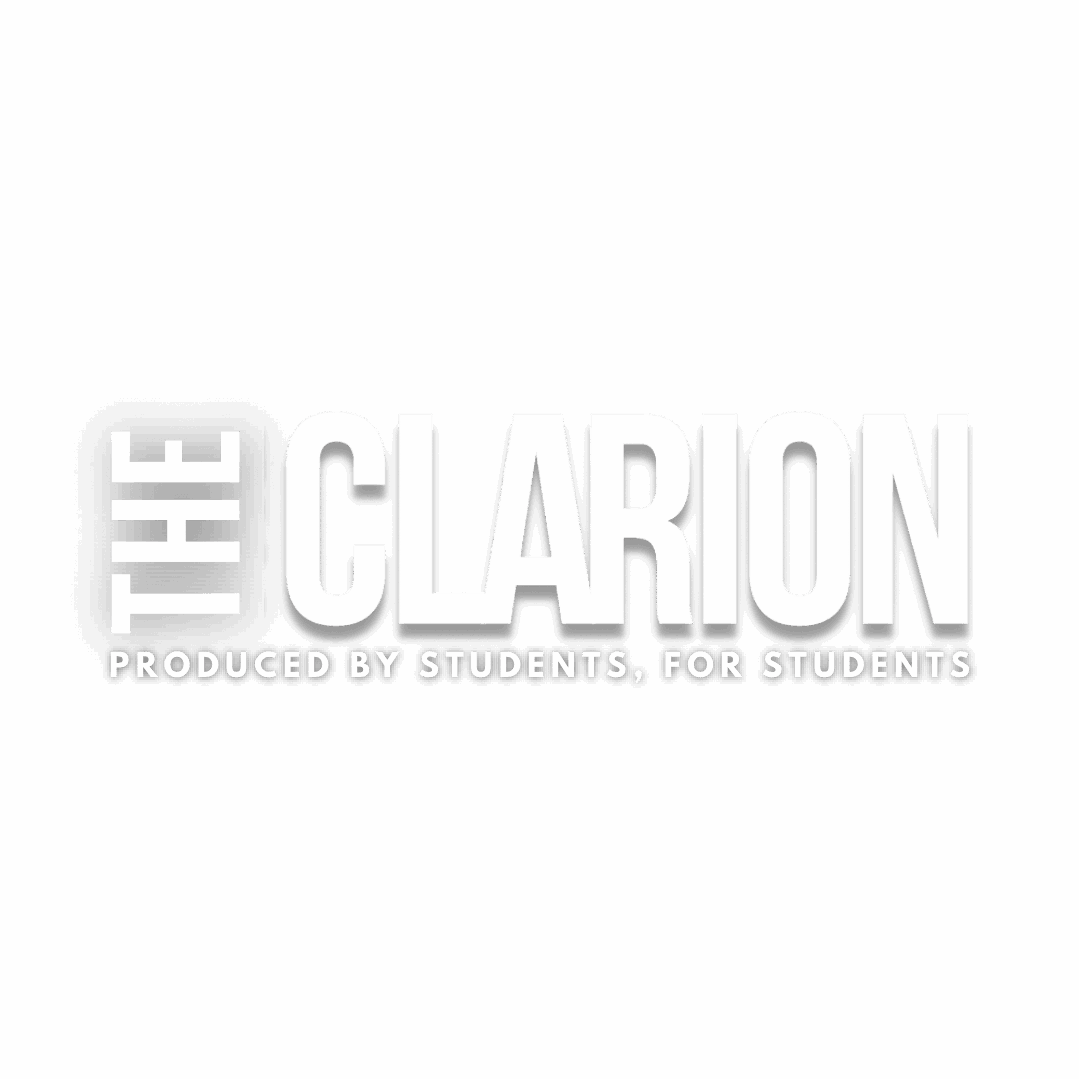Student members from the Ohio Student Association (OSA) had a question answer session, discussing student involvement in civil rights movements in the past and present as part of the MLK Speaks series. Sinclair’s Amaha Sellassie hosted the panel on January 14 in the library loggia.
The MLK talk was open for Sinclair students, faculty, staff and the local public. To help engage the audience members, Sellassie briefly played John Legend’s “Glory.” The words “Now the war is not over, victory isn’t won, And we’ll fight on to the finish, Then we’ll cry glory” could be heard throughout the library loggia.
The OSA is an organization that is run by individuals who want to make a change in their community by standing for oppressive behaviors. OSA stands up against local injustices by having peaceful rallies, petition and educating others.
On the OSA website, the association states “We are young people breaking cultural, economic and political chains by collectively swinging back against systems of oppression. We do this through grassroots organizing, direction action, and leadership development. We are a vehicle for people who believe another world is possible.”
Sellassie, students and faculty members asked the three OSA members questions about their involvement with the organization, how it has bettered them and their opinions about the media coverage of local events.
The three OSA members who participated in the MLK talk are Alyssa Norman and Tristina Allen who have been involved with OSA for one year and Quanita McRoberts who has been involved with the organization for years.
Social media has changed the way student activists conduct themselves because in
the past flyers had to be distribute before an event took place.
“Social media plays a big role because it can be used to fact-check for local media.
Pictures can be used to catch the media in lies” stated McRoberts.
Women have played an important part in the development of civil rights movements, but many have not been recognized. To help bring light to the importance of women involvement, Sellassie asked the OSA members what they thought about the role women are playing today as student activists.
“It is very hard being a woman organizer because often times our voices are silent. I am not an outgoing and demanding person, which makes me feel silent when men are speaking. Women today, unlike women in the 1960s, are able to do something about differences between the genders. Women played a big role in the civil rights movement and it’s sad that they are not acknowledged” said Allen.
To help the audience understand the importance of student involvement in the civil rights movement in the past, Sellassie asked the audience if anyone had heard about Freedom Riders. The Student Nonviolent Coordinating Committee (SNNC) organized the Freedom Riders in the 1960s.
The SNNC, like the OSA, wanted to make a difference in their community. The SNNC was formed because college students decided to sacrifice their lives, time and resources to stand against unequal treatment of individuals in their time.
“There were some people who were sitting around talking and people were complaining about the issues they were seeing, but they didn’t know how to make a change. They wanted to make a change, but they were too small of a group,” said Sellassie.
The SNCC was largely responsible for the Freedom Riders who were civil rights activists that rode buses into the 1961 segregated southern United States.
Though many SNCC members lost their lives riding the buses, they kept their cause going, believing change will come.
The SNCC had many methods, for example the Freedom Rides who were, trying to express their concerns about what was going on their world.
The OSA also has ways of reaching others in their world such as events, music and arts.
Chris Kelly, a Sinclair student, attend the event and he stated this thoughts the during the question section.
“I went to see the movie Selma and it was really interesting how Martin Luther King used conscience of people to change the legal system basically. We still have problems in the legal system right now, with Crawford and Michael Brown and what happened in New York. What can we do right now to change the legal system since we don’t have some of those challenges with people getting killed and hurt?” Kelly said.
Simrem Smith
Reporter
